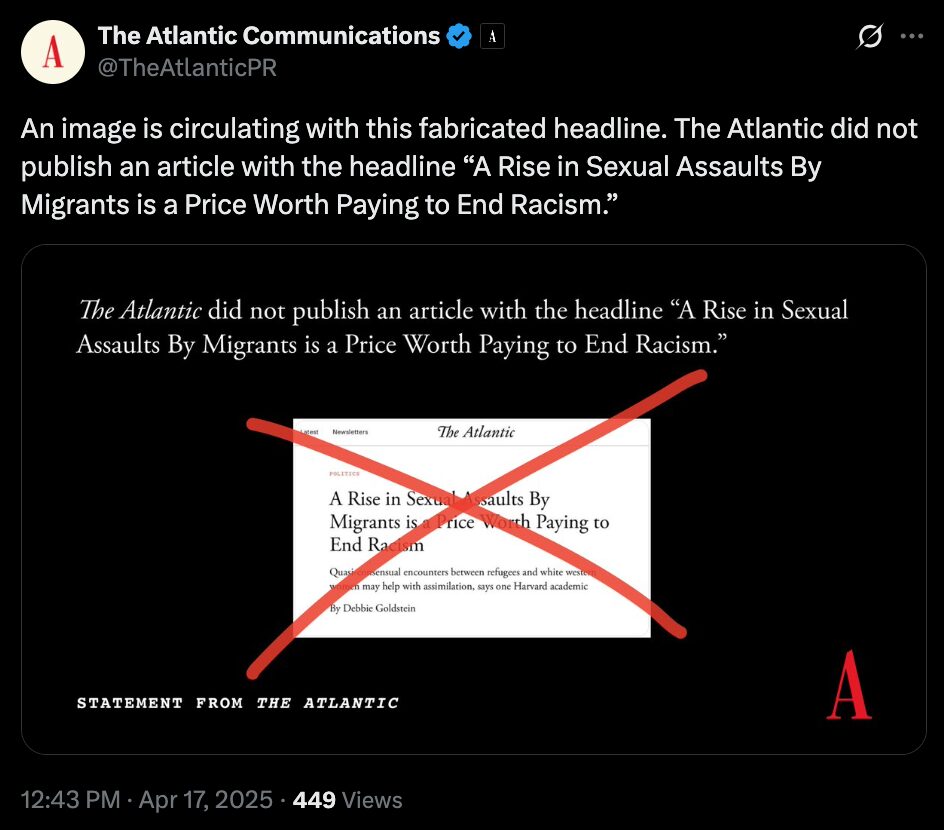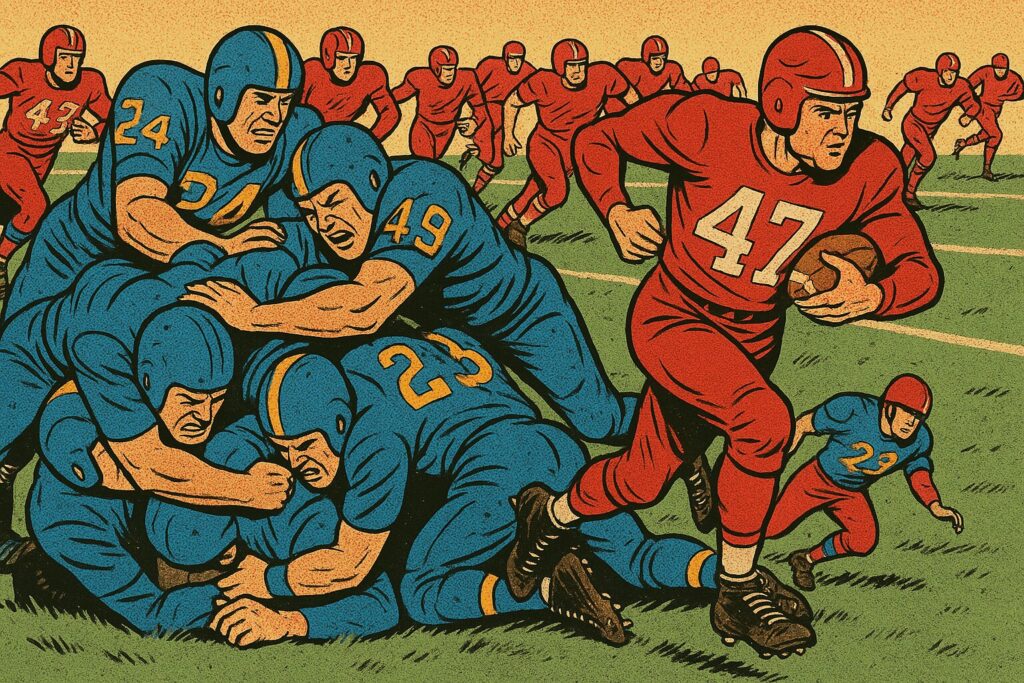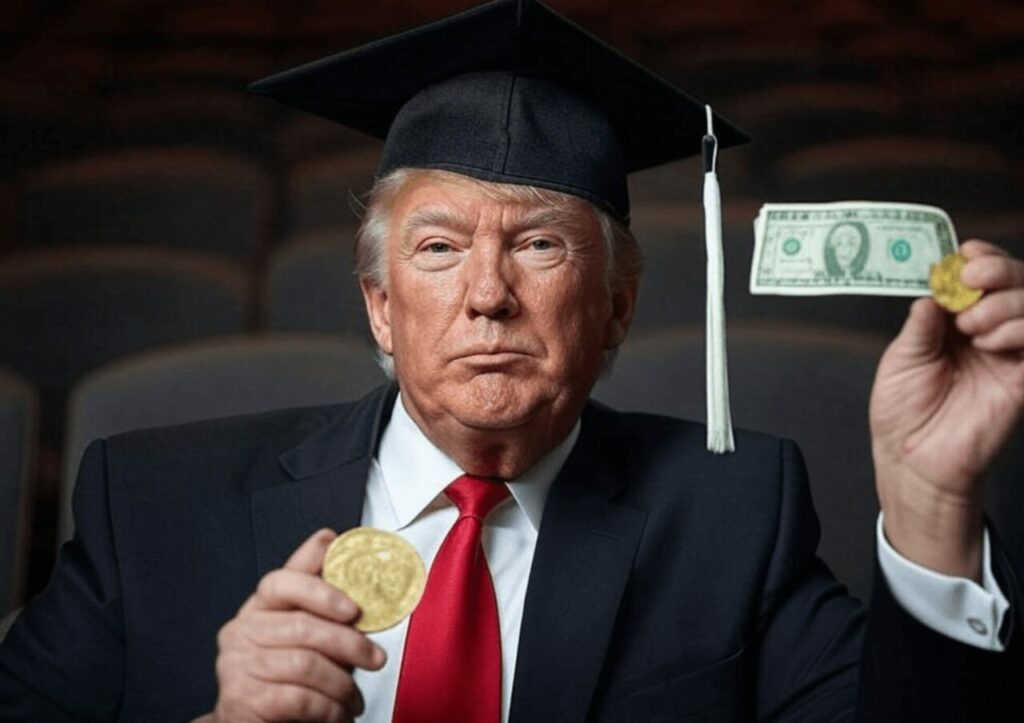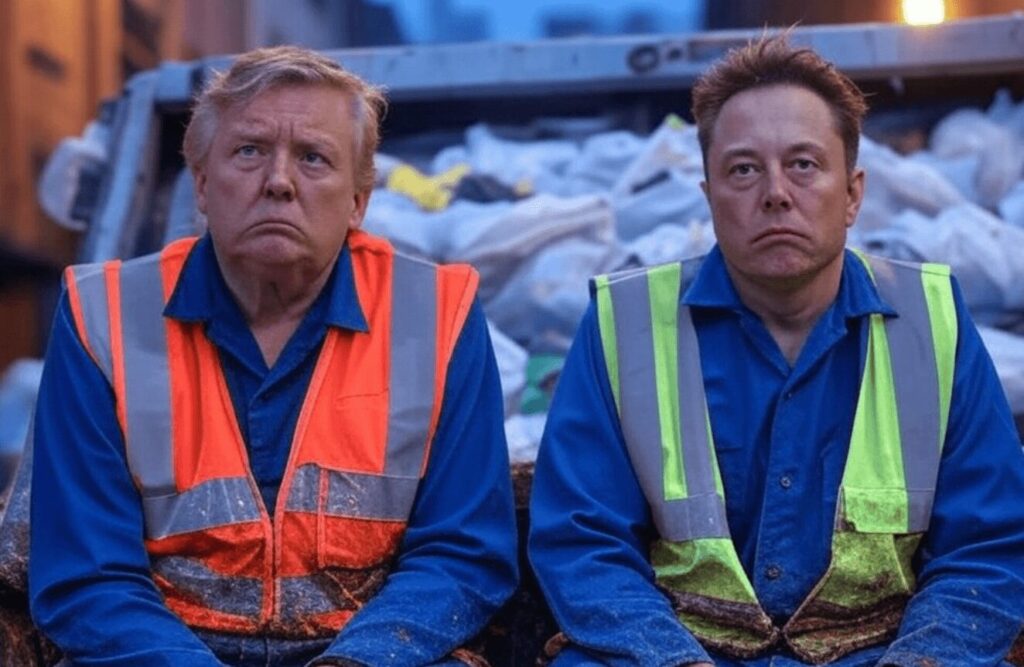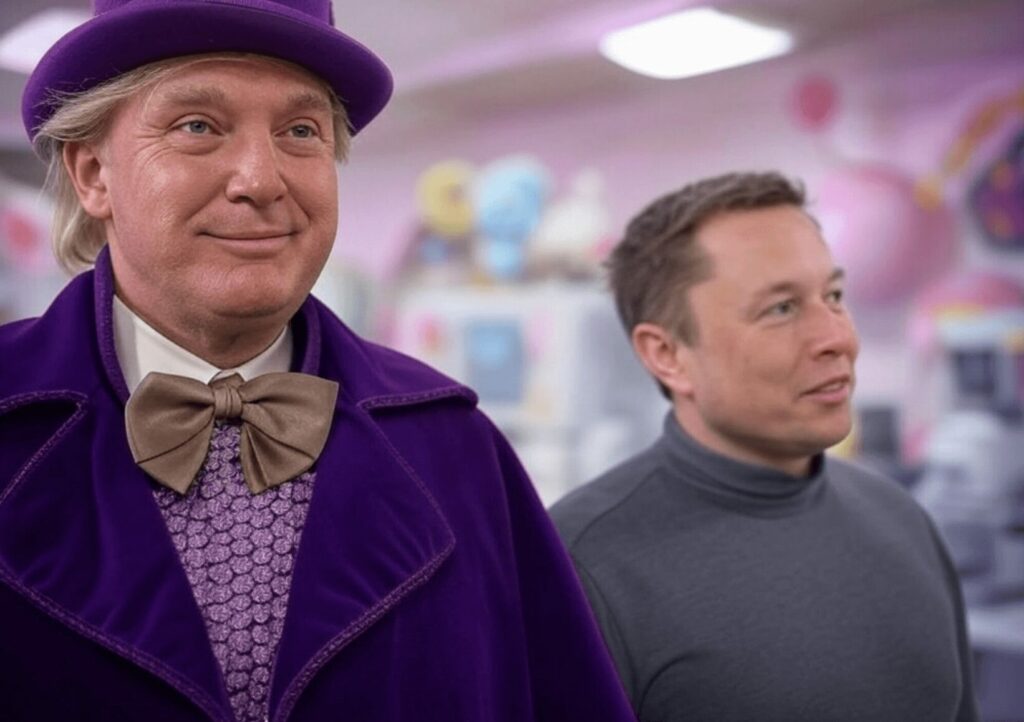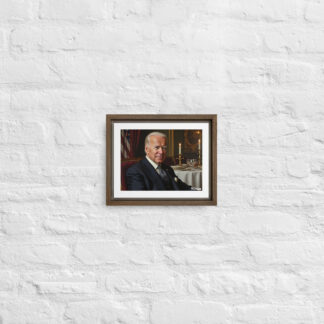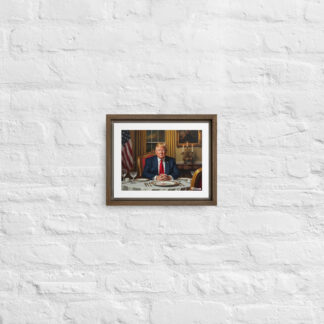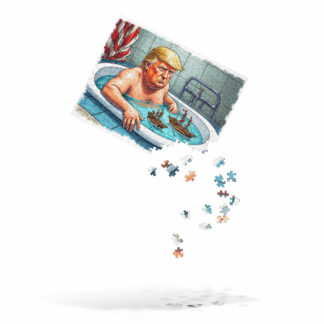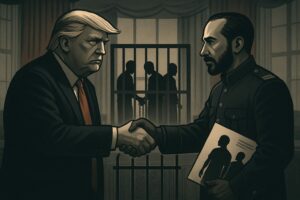How DOGE Perpetuates the System They Claim to Fight
Populists in Name Only
President-elect Donald Trump’s illusion of reform is like a hall of mirrors. Built inside of a house of cards.
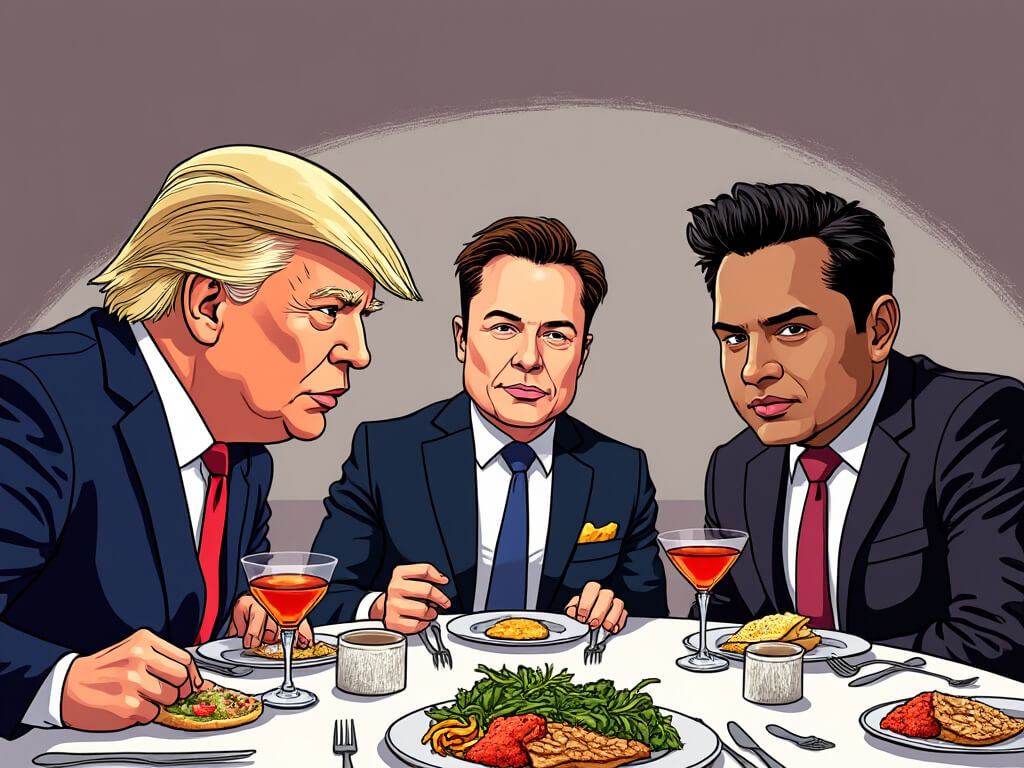
President-elect Donald Trump, Elon Musk, and Vivek Ramaswamy have joined forces to form the “Department of Government Efficiency” (DOGE). Significantly, this advisory body claims to streamline government operations and reduce wasteful spending. It’s not doing that at all, though. Making it a central component of Trump’s broader agenda has been a distraction of epic proportions. Moreover, the acronym “DOGE” notably references Dogecoin, a cryptocurrency that Musk has frequently promoted, which adds an unconventional and symbolic twist to the initiative.
Musk’s involvement in DOGE comes in the wake of his substantial support for Trump’s re-election campaign. He made donations of hundreds of millions of dollars. Musk also gave Trump free media across Twitter. As a result, concerns have emerged about Musk’s potential influence over government policies. Many critics are warning that he could become a “political puppet master” within the administration.
Welcome to the DOGE House
These developments highlight both the opportunities and the challenges of such collaborations in the pursuit of governmental reform.
Additionally, Musk’s involvement in DOGE comes in the wake of his substantial support for Trump’s re-election campaign, which included a $118 million donation and active promotion across social media platforms. As a result, concerns have emerged about Musk’s potential influence over government policies, with critics warning that he could become a “political puppet master” within the administration.
At the same time, Ramaswamy, known for his entrepreneurial ventures and political ambitions, has aligned closely with Trump’s goal of dismantling bureaucratic inefficiencies.
Together, the creation of DOGE and the appointments of Musk and Ramaswamy have, therefore, sparked widespread discussions about the intersection of private sector power and public governance. These developments highlight both the opportunities and the challenges of such collaborations in the pursuit of governmental reform.
DOGEcoin & World Liberty Financial Connection

The President-elect’s family is currently growing their own cryptocurrency firm (World Liberty Financial) and cryptocurrency itself. That is an even deeper degradation than Nixon implemented with the eradication of the gold standard. However, through complex financial transactions, Donald Trump could himself actually become financially treasonous to America in a way that he was long-accused of but had not actually formally crossed in terms of a thin black line. However, upon examination, that is exactly what he and Elon Musk, and Vivek Ramaswamy (and potentially many many more) are up to.
The idea of a U.S. President owning or promoting a competitive currency to the U.S. dollar (USD)—let alone two of them—presents a range of conflicts of interest, economic risks, and geopolitical contradictions. Here’s why this would be problematic:
Conflict of Interests Compound the Destructive Potential of Trump’s Illusion of Reform
A U.S. President with a personal stake in a competitive currency creates an inherent conflict of interest with their primary duty, which is upholding the stability and global dominance of the USD. This issue becomes especially significant because the USD, as the global reserve currency, supports vital aspects of international trade, energy pricing, and U.S. financial power. Consequently, if a president owns or promotes a competing currency:
- Undermining Their Role: They risk actively or passively undermining the USD’s credibility, causing economic instability domestically and globally.
- Personal Gain vs. National Interest: As a result, decisions about monetary policy or currency regulation could be influenced by personal financial interests, further eroding public trust in government institutions.
Weakening the Dollar’s Global Dominance

The USD’s strength relies heavily on its perception as a stable and reliable global currency. A U.S. President promoting alternative currencies signals:
- A Lack of Confidence in the Dollar: If the leader of the free world doesn’t fully back the USD, why should other countries? This perception could accelerate global moves away from the USD.
- The Rise of Competing Systems: Emerging competitors like China and Russia have actively sought to reduce reliance on the USD, particularly in oil and commodity trading. A U.S. President promoting competitive currencies would inadvertently bolster their case for alternatives to dollar dominance.
Geopolitical Contradictions In Trump’s Illusion of Reform
Criticizing other countries for unpegging from the USD in oil trading while owning competitive currencies creates a glaring contradiction. Such hypocrisy undermines the credibility of U.S. leadership:
- OPEC and BRICS Moves: Countries like Saudi Arabia (within OPEC) and others in BRICS are exploring trading oil and other commodities in currencies other than the USD. These moves challenge the petrodollar system, which has historically underpinned U.S. economic hegemony.
- Mixed Signals: If a U.S. President encourages these moves indirectly by promoting alternative currencies, it gives political ammunition to adversaries who argue that the U.S. dollar is no longer essential.
Destabilizing Domestic Policy
The U.S. dollar’s strength directly impacts domestic policy, particularly:
- Debt Financing: The U.S. government borrows heavily in dollars. Weakening the dollar’s global position could increase borrowing costs, ballooning the national debt.
- Inflation and Purchasing Power: If confidence in the USD declines, inflationary pressures increase, hurting ordinary Americans’ purchasing power. A president promoting competing currencies risks destabilizing the economy they are sworn to protect.
Undermining Trust in Institutions Is Central To Trump’s Illusion of Reform
A U.S. President involved in competing currencies sends the message that:
- Institutions Can Be Bought: It raises concerns about the integrity of regulatory agencies like the Federal Reserve and the Treasury Department, which are supposed to act independently of political influence.
- Public Distrust Grows: This could lead to further erosion of trust in government institutions, particularly among those who already feel alienated or disenfranchised.
Domestic Political Fallout
Promoting competing currencies while criticizing others for weakening the USD would likely:
- Alienate Allies: U.S. allies heavily rely on the USD for trade and investments. Any sign of the U.S. government backing away from the dollar’s dominance would create uncertainty and alienate key partners.
- Erode Bipartisan Support: The dollar’s global dominance has been a bipartisan pillar of U.S. policy for decades. Undermining it could spark opposition from within both major parties.
Long-Term Economic Impacts
Encouraging or profiting from competitive currencies could:
- Accelerate De-dollarization: Countries would see the U.S. promoting alternatives to the USD and take it as permission to move toward regional or digital currencies.
- Disrupt Global Trade: The stability of global trade is tied to the USD. Weakening it could increase transaction costs, volatility, and uncertainty for international markets.
A President’s Currency Must Be the USD
Breaking down Trump’s illusion of reform isn’t easy. Identifying Trump’s illusion of reform may be easy for some to do. But it will take a gargantuan effort to stop him.The role of the U.S. President is to safeguard national economic and geopolitical stability, not to undermine it with personal financial ventures. Promoting or profiting from competitive currencies to the USD, while blaming others for weakening its dominance, would create hypocrisy, instability, and far-reaching economic consequences. For the U.S. dollar to remain the world’s dominant currency, it must have unequivocal support from the highest office in the land—without distractions from personal gain or alternative agendas.


